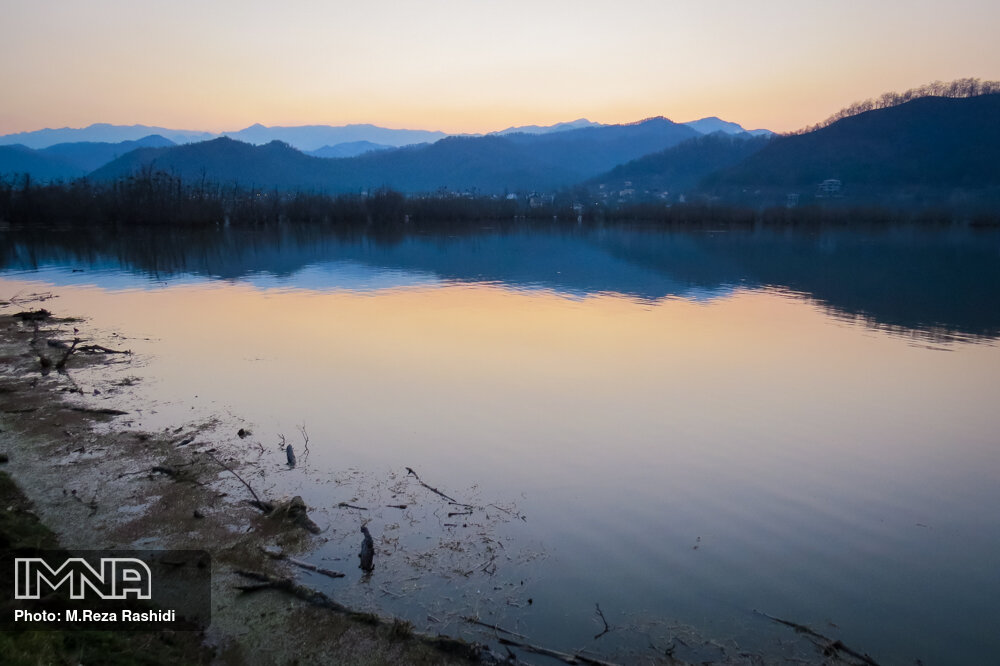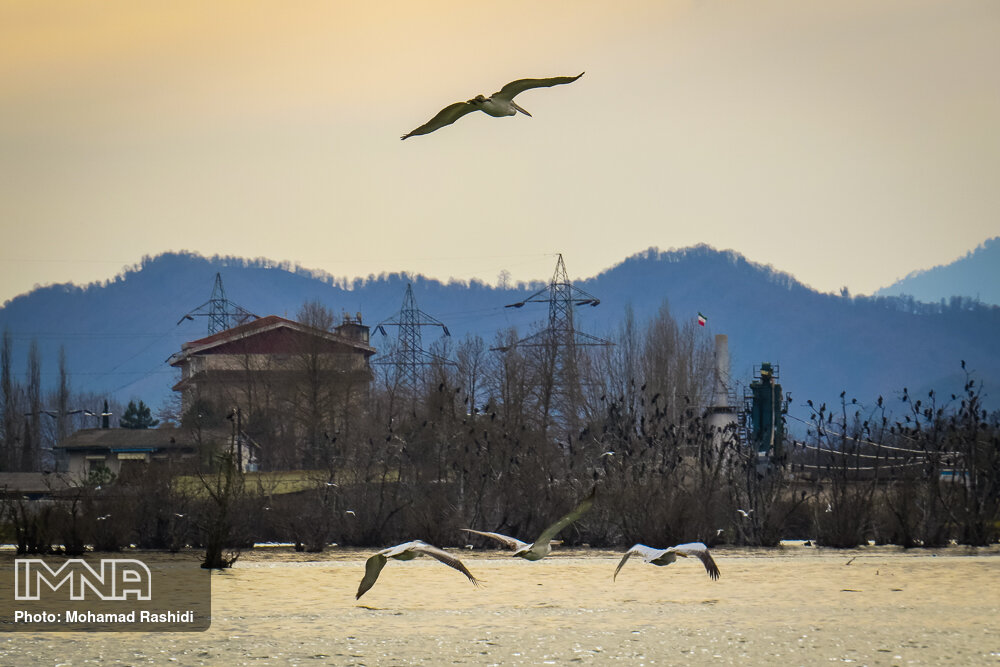Iran (IMNA) - The theme for 2020 WWD is “ Wetlands and Biodiversity”. is an opportunity to highlight wetland biodiversity, its status, why it matters and to promote actions to reverse its loss.

According to The Ramsar Convention, “wetlands are areas of marsh, fen, peatland or water, whether natural or artificial, permanent or temporary, with water that is static or flowing, fresh, brackish or salt, including areas of marine water the depth of which at low tide does not exceed six metres.” Fish ponds, rice paddies, depollution and stabilization ponds, and saltpans are human-made wetlands.

Wetlands are vital for humans, for other ecosystems and for our climate, providing essential ecosystem services such as water regulation, including flood control and water purification. Wetland biodiversity matters for our health, our food supply, for tourism and for jobs. Wetlands also absorb carbon dioxide so help slow global heating and reduce pollution, hence have often been referred to as the “Kidneys of the Earth”.

Though they cover only around 6 percent of the Earth's land surface, 40 percent of all plant and animal species live or breed in wetlands. The worrying thing is that they are disappearing three timed faster than forests due to human activities and global heating.

“Wetlands are fantastically valuable multifunctional habitats—they nurture a great diversity of life, provide water and other resources, protect us from flooding and act as giant filters easing pollution,” says Corli Pretorius, Deputy-Director, United Nations Environment Programme World Conservation Monitoring Centre. “The loss of wetlands due to development pressure has been enormous, but these ecosystems can be restored to generate benefits for people and nature.”

Wetlands form an important part of nature. But nature is declining globally at rates unprecedented in human history and the rate of species extinctions is accelerating, with grave impacts on people around the world now likely, according to a landmark report by the Intergovernmental Science-Policy Platform on Biodiversity and Ecosystem Services.

Source: UN Environment


Your Comment